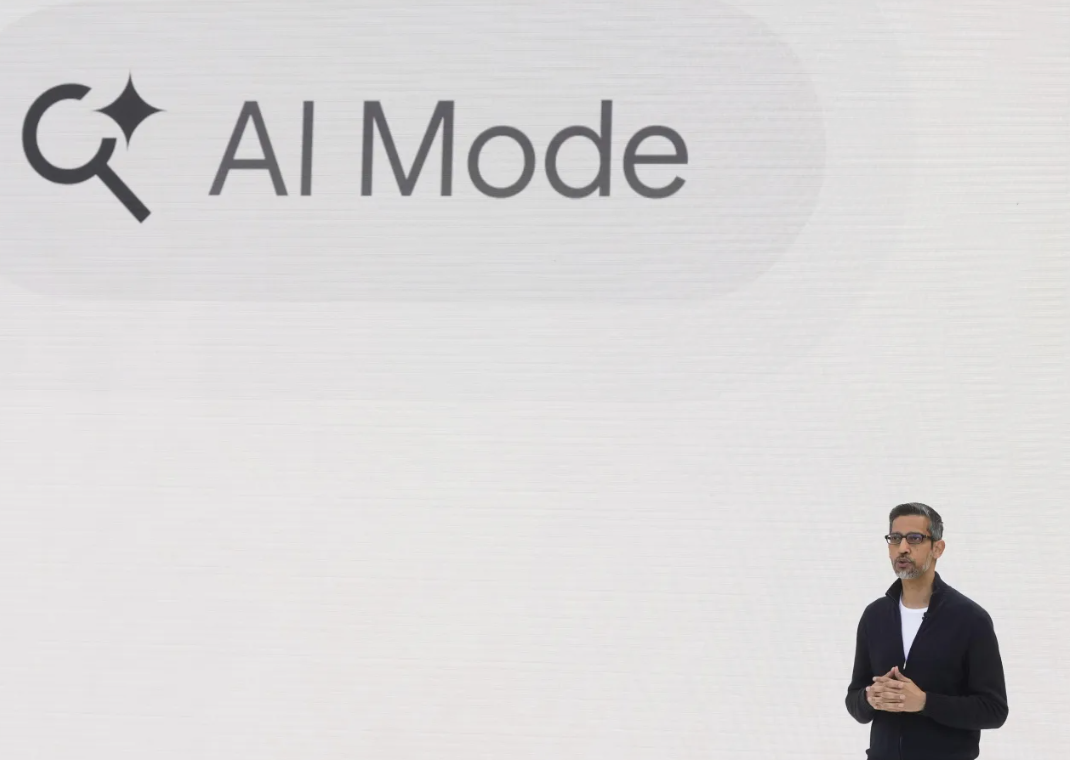Google returned to federal court on Friday as it faces dual challenges: a major antitrust case brought by the U.S. Justice Department and a rapidly evolving tech landscape being transformed by artificial intelligence. These issues are now converging during the final stage of a legal battle that could significantly alter the company’s future.
At the center of the case is a ruling from U.S. District Judge Amit Mehta, who previously determined that Google’s search engine operates as an illegal monopoly. The current proceedings are focused on determining what corrective actions the company must take.
Justice Department lawyers are pushing for sweeping remedies, including prohibiting Google from paying to remain the default search engine on smartphones and other devices, and even forcing the company to sell off its Chrome web browser. In contrast, Google’s legal team argues that such extreme measures are unnecessary, especially as AI technologies are already reshaping how people search the internet.
As conversational AI tools from emerging competitors enter the market, Google claims these shifts naturally challenge its dominance. The company suggests only modest changes are required, not a structural overhaul.
Judge Mehta appeared open to compromise, indicating that he may seek a balanced solution. “We’re not looking to kneecap Google,” he said in court, emphasizing the goal is to boost competition and enable other companies to better contend with the tech giant.
Following a day of closing arguments, Mehta is expected to deliberate over the summer and issue his decision before Labor Day. Google has committed to appealing the earlier monopoly ruling, but cannot do so until Mehta defines the required remedies.
Both sides acknowledge that artificial intelligence represents a major turning point in the tech industry. However, they disagree on whether the rise of AI alone will curb Google’s influence. The Justice Department maintains that legal intervention is still needed, pointing to Google’s entrenched position in the market and the $2 trillion valuation of its parent company, Alphabet Inc.
Judge Mehta admitted he’s still wrestling with how much weight to give to AI’s disruptive potential. “This is what I’ve been struggling with,” he said during Friday’s session.
Justice Department attorney David Dahlquist urged the court to take decisive action, warning that without intervention, Google could use its existing dominance to gain an unfair advantage in the AI space.
In response, Google noted that it has already been integrating AI into its core services, transforming traditional search into what it calls an “answer engine.” Despite the emergence of AI-driven alternatives from companies like OpenAI and Perplexity, Google has maintained its leading role in online search.
One of the Justice Department’s most aggressive proposals is to force Google to divest Chrome, its widely used web browser developed nearly two decades ago under the leadership of CEO Sundar Pichai. The argument is that control of Chrome allows Google to accumulate massive amounts of user data, strengthening its market grip. Executives from OpenAI and Perplexity recently expressed interest in acquiring Chrome if such a divestiture were ordered.
Google’s lawyer, John Schmidtlein, countered that instead of seeking court-mandated shortcuts, rival AI firms should “get to work” and innovate on their own.
The case has attracted input from major players across the tech world. Apple, for example, pushed back against the Justice Department’s suggested 10-year ban on default search agreements. Apple earns over $20 billion a year from its deal with Google and argues that such a ban could harm its own innovation funding. The company also warned that users would likely continue to use Google anyway, and the proposed ban wouldn’t motivate Apple to build its own search engine.
Legal scholars have also voiced opposition to some of the DOJ’s proposals, particularly the idea of forcing a Chrome divestiture, calling it excessive government interference. Former FTC officials James Cooper and Andrew Stivers cautioned against another proposal that would compel Google to share user data with rivals, citing concerns about privacy and user trust.
The App Association, which represents smaller software developers, advised against the DOJ’s broader reforms, arguing that such drastic changes could disrupt acquisition pathways for startups and introduce major uncertainty across the tech ecosystem.
The final outcome of the case now lies with Judge Mehta, whose decision could redefine not only Google’s role in the tech world but also the broader rules governing competition in the AI era.














